Democracy has always been about counting the votes and all the votes are equal. That is a given. So given that few stop to think about what it means. It means the minority, the losers may lose a lot unless the scope of voting is limited.
Though all votes are equal, not all outcomes are permitted. Huh? Human rights are sacrosanct, that is, they cannot be voted away by a majority. Certain other liberties and many institutions are put beyond voting, like a high or supreme court. Although many students have told me that such reservations were elitist and anti-democratic. Surely a vote for the Australian High Court would put Derryn Hinch on the bench.
Whoa! Too fast? Better stop for an illustration. X may vote ‘Yes’ and Y may vote ‘No,’ but the result matters far more to Y, if the vote is about Y’s life, limb, family, or property, than it does to X. Yet their two votes count the same. This is the problem, no account is taken of the intensity each has.
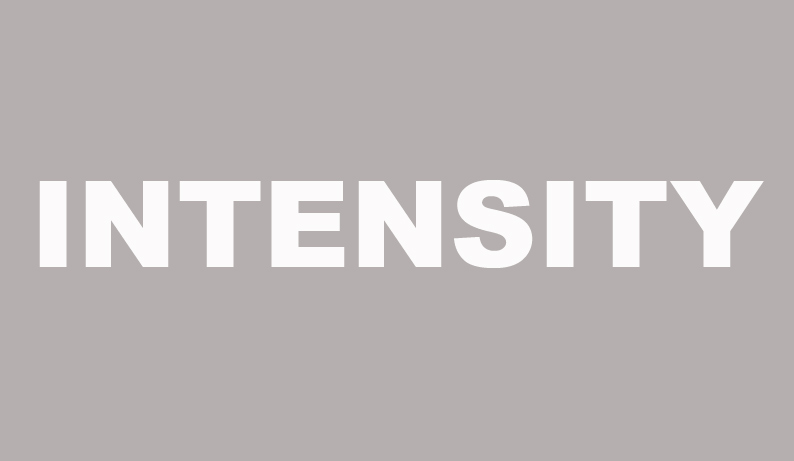
Interest is often, usually, entwined as vine to fence with intensity. I may not much care where the new distant freeway goes but those near it do care, a lot. Yet my vote equals, and cancels, one of theirs. Interest is this case refers to the immediate and material.
Intensity may also be ideological as well. Within ideology we shall include for purposes of this discussion religion, though to some adherents it is as material as snowfall. What consenting adults do in the privacy of a home is of no interest to me, but some ideologues may feel soiled by knowing of the possibility of some such activities. Indeed they may be so intense about such activities that privacy is a lesser value to be breached in the interest of policing such activities. Think bathrooms. Be that as it may.
In a polity where voting is free, that is, voting is not compulsory, turnout is one indicator of intensity. Those that care about the result are more inclined to go and to vote, even if that requires advanced registration, and on the day the weather is foul, the wait in line is long, the polling place is distant, the officials are hostile.
Intense voters go to vote, rain or shine.
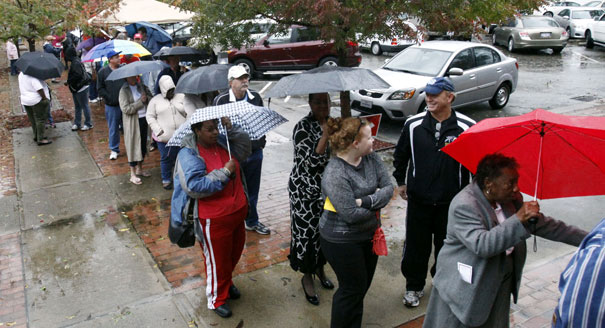
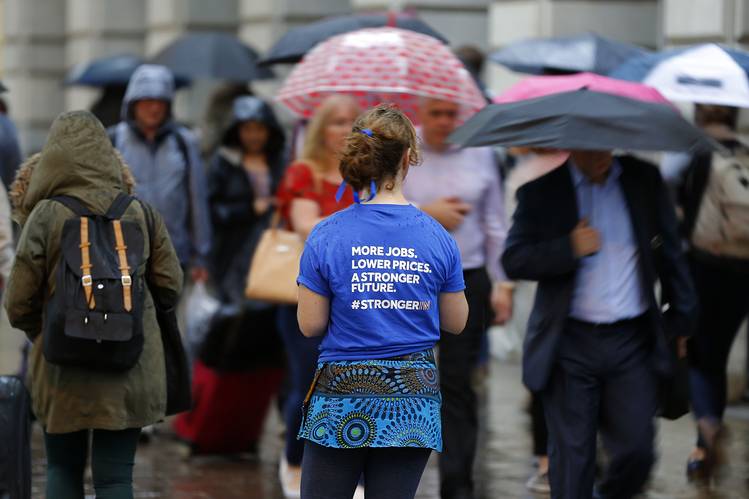
More than that, intense voters round up like-minded others and take them along to vote as well, and most will then vote as the opinion leader does.
That the wind and rain in Britain may have reduced the turnout in the Brexit vote is another reminder of intensity. The Leave voters voted.
I wrote my first seminar paper in graduate school on ‘Intensity in Democratic Theory.’ It opened with the following epigram:
‘The best lack all conviction, while the worst
Are full of passionate intensity.’
From ‘The Second Coming’ (1919) W. B. Yeats
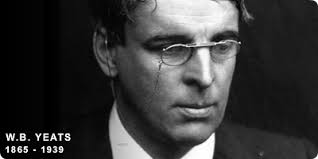 William Yeats
William Yeats
My last undergraduate class had been English poetry, famed of 8 a.m. on Saturday mornings in McCormick Hall with Dr Harwick. These lines seemed a fitting perspective on democratic theory, but it irritated the political science professor who read it. He was likewise irritated when in the next paper I opened with Robert Frost and ‘Mending Wall’ to start a discussion of political institutions.
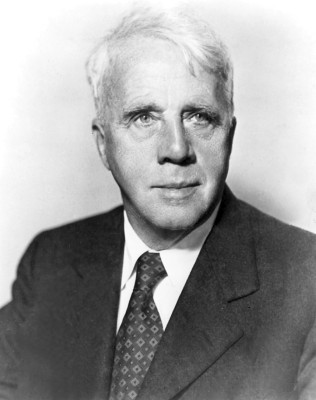 Robert Frost
Robert Frost
I also quoted Saint-X, further betraying my literary side.
 Antoine de Saint-Exupéry
Antoine de Saint-Exupéry
‘Let a man but burn with enough intensity and he will set fire to the world,’ Antoine de Saint-Exupéry in ‘Terre des Hommes’ (Wind, Sand, and Stars) (1939). The burning man, by the way, was Adolf Hitler. Saint-X died in 1944 while flying for the Free French in North Africa.
For further reading, the sources I can recall from that intensity exercise are these.
Robert Dahl, ‘A Preface to Democratic Theory’ (Chicago University Press 1956).
Willmore Kendall and George W. Carey, The “Intensity” Problem and Democratic Theory, ‘American Political Science Review,’ Vol. 62, No. 1 (Mar., 1968), pp. 5-24.
Giovanni Sartori, ‘Democratic Theory’ (Detroit: Wayne State University Press, 1962).
Today I did have a look at the Web of Knowledge and found a few more recent sources, but none that claimed or seemed to be definitive, all of which cited these three as foundation texts on the subject.
Skip to content
